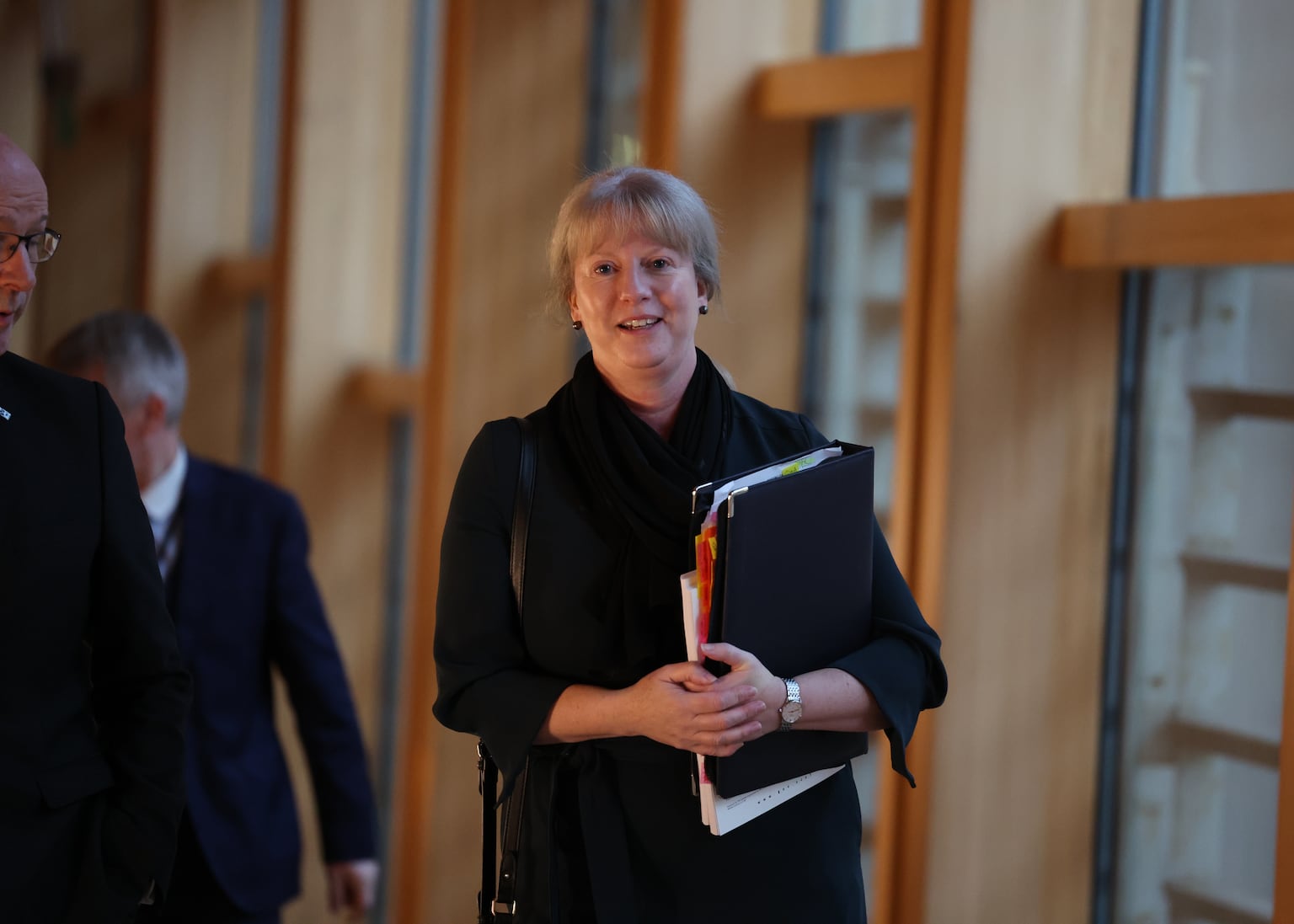
Scotland's Finance Secretary Demands Clarity on UK Budget
Scotland’s Finance Secretary, Shona Robison, has called for an urgent meeting with the UK Chancellor, Rachel Reeves, as concerns grow over potential tax increases in the upcoming Budget. The move comes amid reports that the Chancellor may introduce new taxes, which could have significant implications for Scotland’s finances.
Robison outlined three key conditions that the UK Budget must meet to ensure fairness and stability for Scotland. These include scrapping the current fiscal rules, ensuring that any revenue generated from tax hikes is reinvested into public services, and guaranteeing that Scotland will not face cuts as a result of the Budget.
The Finance Secretary emphasized that the Chancellor’s recent pre-Budget speech left many questions unanswered, creating uncertainty about the future of taxation in the UK. This uncertainty has raised concerns among Scottish officials, who fear that any tax increases could negatively impact Scotland’s budget.
Fiscal Rules and Economic Growth
One of the main points of contention is the need to abandon the existing fiscal rules, which Robison described as outdated and restrictive. She argued that these rules were set in a different era and no longer reflect the current economic landscape. Instead, she called for a more flexible approach that allows for investment in areas that can drive economic growth and support people during the cost of living crisis.
Robison also stressed the importance of reinvesting any additional revenue from tax rises back into public services. She highlighted that this would not only benefit the economy but also ensure that Scotland receives its fair share of funding. This point is particularly important given the potential financial impact of any tax increases, which could reduce Scotland’s budget by up to £1 billion if income tax is raised by 2p.
A Warning Against Austerity
Another critical condition set by Robison is that the UK Budget should not lead to austerity measures in Scotland. She pointed out that Labour came to power promising an end to austerity, and imposing it on Scotland would be a serious betrayal. This sentiment was echoed in her criticism of last year’s Budget, which she described as a “disaster” for the Chancellor. She accused the government of taxing jobs, the vulnerable, and failing to address child poverty.
Robison has made it clear that she will not accept any decisions that compromise Scotland’s financial independence. She has requested an urgent meeting with the Chancellor to discuss these issues and ensure that the UK Government takes Scotland’s concerns seriously.
Investment and Stability
In response to Robison’s demands, an HM Treasury spokesperson highlighted the UK’s commitment to investing in Scotland. They mentioned that Scotland will receive over 20% more funding per head than the rest of the UK. Additionally, the government has allocated funds for projects such as GB Energy-Nuclear, a supercomputer at Edinburgh University, and City and Growth Deals across Scotland.
The spokesperson emphasized that these investments are possible due to the non-negotiable nature of the UK’s fiscal rules, which they argue provide the stability necessary for long-term growth. However, Robison and other Scottish officials remain skeptical, arguing that the current system does not adequately address the needs of Scotland.
Conclusion
As the UK prepares for the upcoming Budget, the debate over taxation and funding continues to intensify. Scotland’s Finance Secretary has made it clear that any changes to the tax system must consider the unique needs and challenges faced by Scotland. The call for an urgent meeting with the Chancellor underscores the importance of this issue and highlights the growing divide between the Scottish and UK Governments. With the potential for significant financial impacts, the outcome of this discussion will have far-reaching consequences for Scotland’s future.

Post a Comment